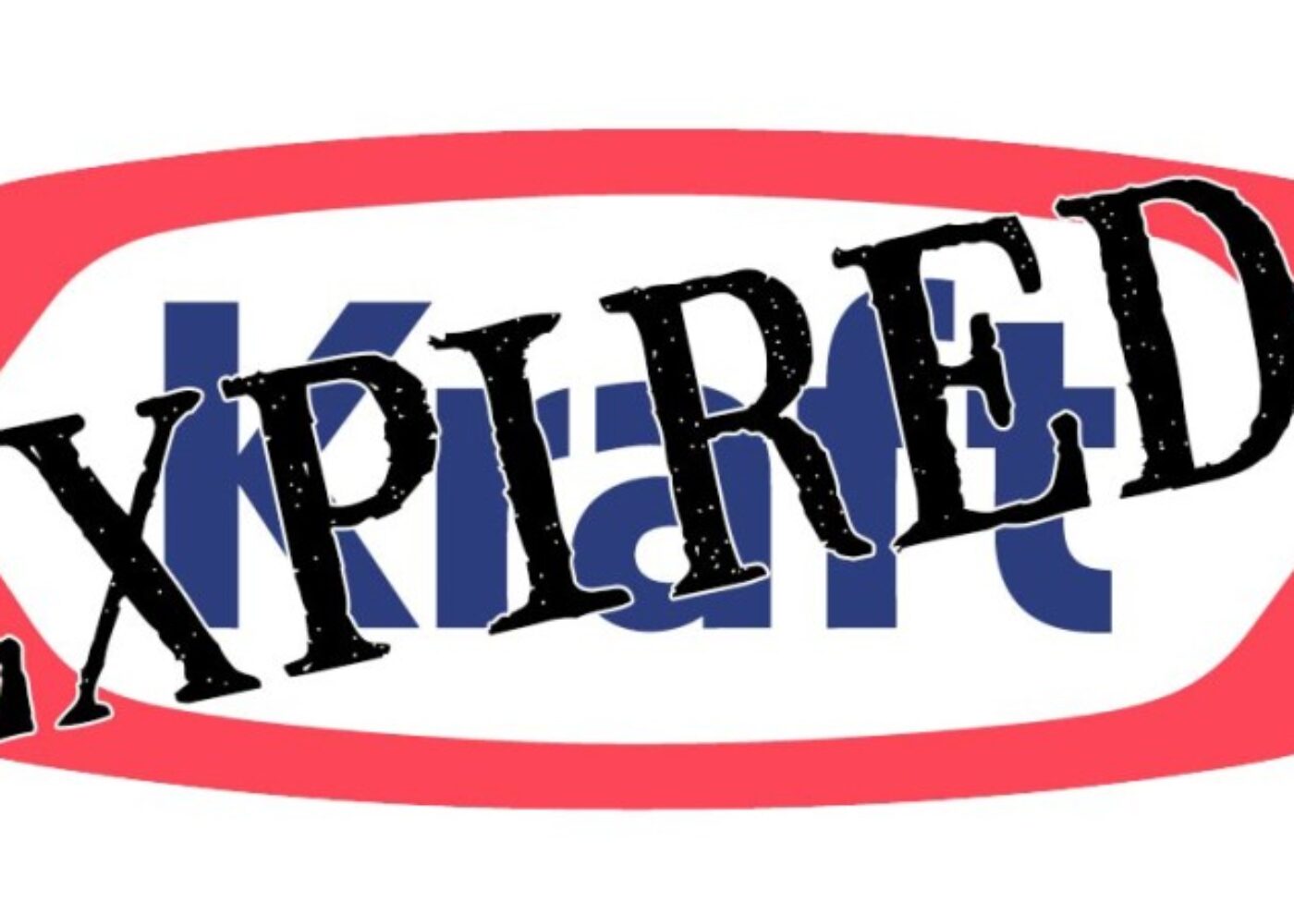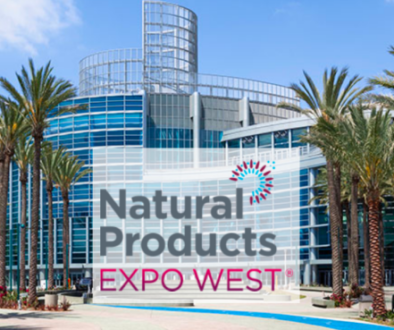Is Kraft Food’s Shelf Life Expiring?

There was carnage on Wall Street last week, when the processed food companies reported earnings. The industry profits as a whole got hammered, and iconic brands of the 20th century looked like they were on their way to becoming relics.
In its most recent quarter, Kraft’s profits fell 62%, while Kellogg’s plunged 136%, as a growing number of consumers opted out of products loaded with artificial ingredients.
Kraft’s new chief executive John T. Cahill called 2014 a “difficult and disappointing” year for the company behind Jell-O and Oscar Mayer and the ubiquitous mac and cheese.
But it wasn’t just Kraft that got hit.
There was carnage down the packaged food aisle, and the shares of Kellogg Co. Campbell Soup Co. and ConAgra Foods Inc. were pummeled, as companies lowered their earnings and cut profit forecasts for the year.
Kraft named a new chief executive just two months ago. But it wasn’t just Kraft that was changing up leadership. Several other top executives announced that they leaving, including Kraft’s chief financial officer and a senior research-and-development official. ConAgra named a replacement for Chief Executive Gary Rodkin, who had disclosed last year-amid ongoing struggles with its business—that he would leave this spring.
So what is happening to these iconic 20th century food brands from our youth? Are they relics?
Kellogg’s reported a profit plunge of 136%, throwing the Kashi brand under the bus. But could one brand account for a $293 million loss?
Not at all.
Kellogg’s not only failed to recognize or acknowledge the food awakening that is happening in our country among consumers, they ignored it.
Kraft took a different approach. With a new CEO, and a CFO and a senior R&D official also stepping down, the words were uncharacteristically honest: “It’s clear that our world has changed, and our consumers have changed.” Kraft lost share in 40% of their businesses. “Increased promotional spending has not resulted in sales growth,” said the company.
No amount of PR can fix a broken business model, one that fails to recognize the fact that the 21st century consumer wants free-from food, food that Kellogg’s and Kraft aren’t really selling.
How could a company like Kraft miss such a massive shift in consumer demand? And how do shareholders feel about it?
The new CEO stated that as he dug into things that he was surprised to learn that the consumer insights group “has not been as strong as I thought they would be.”
He then spoke about building an innovation pipeline that addresses changing consumer needs and preferences.
In other words, it’s time for a turnaround strategy.
It’s time. 21st century families are looking for a better food system.
In the past, these companies repeatedly shot the messengers trying to tell them that. Kraft was a leading example of this. I experienced it first hand.
Back in 2010, Kraft threatened to pull its account from its lead ad agency. The agency’s founder was speaking out on these issues and invited me onto his show. When Kraft learned about it, they tried to bully, telling the agency: “If he has Robyn on the show, we’re pulling the account.”
That founder quit, and we did the show.
More than once, rather than listen to the consumer, Kraft tried to silence her and anyone else who spoke out on this.
They are listening now.
100 million people in North America live their daily lives with food allergies, sensitivities & Celiac Disease.
If Kraft didn’t acknowledge that last year, they apparently do now.
Mondelez (formerly known as Kraft) announced that it was acquiring Enjoy Life Foods, a trusted brand in the food allergy space, as food allergies and the free-from market explode. Mondelez International, Inc. (NASDAQ: MDLZ) is a global snacking powerhouse, with 2014 revenue of $34 billion. They own Oreo, Nabisco and Tang in their portfolio of snack products.
Today, 1 in 3 American kids now has allergies, asthma, ADHD or autism. 1 in 13 children has a food allergy, 1 in 10 has asthma. 100 million people in North American live with food allergies, sensitivities and Celiac Disease. It is forcing us to read labels.
Do we wish we could go back to a time when we didn’t have to stand in the aisles of the grocery store scanning labels like a detective? When our children didn’t have life-threatening food allergies? When friends we love weren’t losing loved ones to cancer? Absolutely. No one wants to be in the aisle of the grocery store, scanning labels for ingredients that might kill a child. But it is where we stand.
And sadly, it’s not a fad. A new study, published online and scheduled for the August 2013 print issue of the Journal of Investigative Medicine, found a 65 percent increase in inflammatory bowel disease hospital discharges from 2000 to 2009.
The $12 billion “free-from” market in the United States is large and growing at strong double-digit rates, driven by an increasing incidence of food allergies and food intolerances as well as consumers adopting “free from” as a healthy-lifestyle option.
Several of the companies said part of their financial woes flowed from the strong U.S. dollar, which makes overseas sales less valuable when converted to their home currency.
Kellogg’s reported a 136% profit plunge for the fourth quarter. You can’t blame currency for that. There is something fundamentally missing in a business model: a sensitivity to food sensitive population.
The CEO of Enjoy Life Foods, announcing the Mondelez acquisition said, “We’ve grown 40% a year for the last three years” on their allergen-free, non-GMO business model.
Mondelez was listening. It bought them up.
But Kellogg’s?
“There is no one simple solution to the problem,” Chief Executive of Kellogg’s, John Bryant said in an interview recently.
But there is, there really is.
Dump the junk.
21st century families want “free from” food. On this changing landscape that is the now the health of 21st century families, one thing is sure: Real food sells, food that is free-from artificial dyes, high fructose corn syrup, GMOs and other artificial ingredients.
The bottom line: It’s good for business.
Sources:
http://www.foodnavigator-usa.com/Manufacturers/Mondelez-buys-allergen-free-expert-Enjoy-Life-Foods
http://www.foodnavigator-usa.com/Manufacturers/Kraft-CEO-2014-was-both-difficult-and-disappointing/
http://www.wsj.com/articles/indigestion-hits-top-u-s-food-firms-1423786580
http://enjoylifefoods.com/project/thankyou/
http://www.sciencedaily.com/releases/2013/06/130625141208.htm





